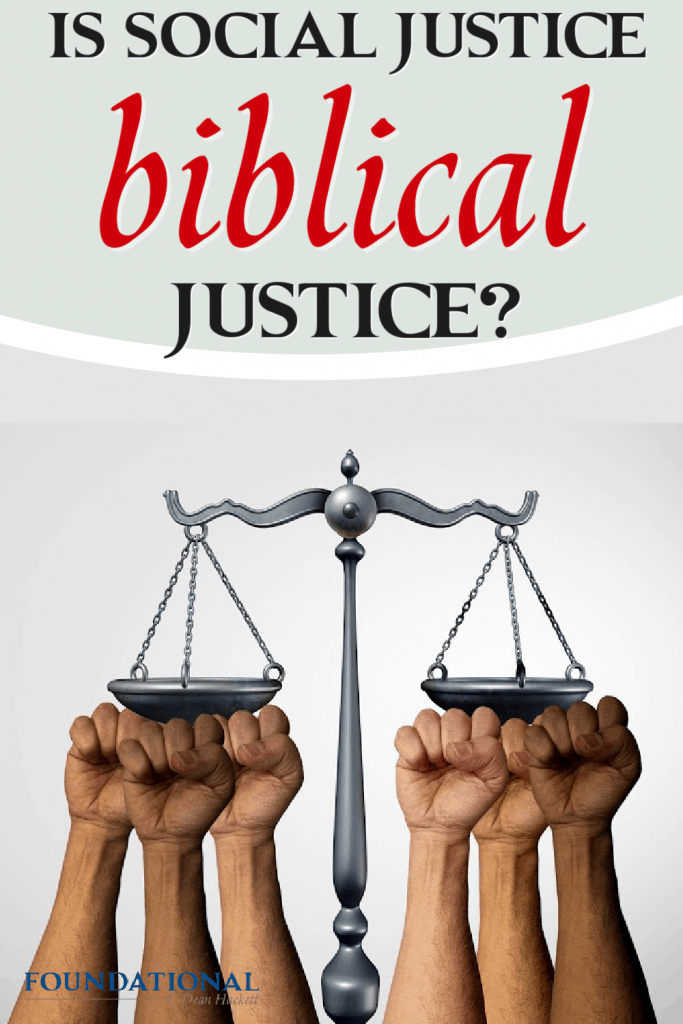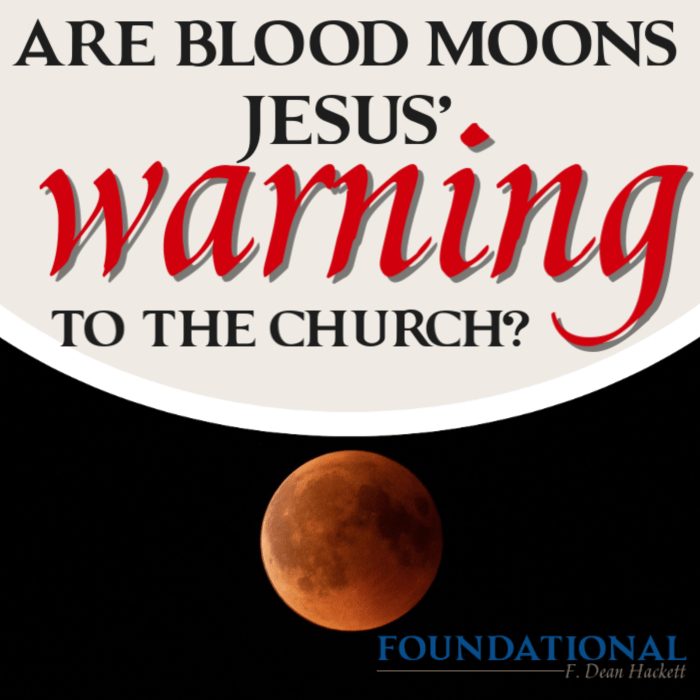Is Social Justice Biblical Justice?
I hope you love the products and resources I recommend here at Foundational. It is possible that I get a commission and collect income from the links on this page. Click here for more info.
“White privilege”, “critical race theory”, and “intersectionality” has spawned a rise of social justice in the 21st century church.
It is not a new phenomenon, rather a resurgence of a similar emphasis that took place in the churches at the close of the 19th century and in the early decades of the 20th century which gave birth to the racial movement of the 1950’s and 60’s.
The Methodist Church, various streams of the Presbyterian churches, the Congregational Church, and some Baptist organizations became known for their emphasis of the “social Gospel.”
Some of those same churches are significant voices in this new era of social justice, joined by many new voices in the Evangelical and Pentecostal movements.
Is Social Justice Biblical Justice?
What was the biblical basis for the “Social Gospel” and the current rise of social justice, if indeed there is a biblical foundation?
It is imperative to explore thoroughly the roots of the “Social Gospel” and if there is a biblical foundation for social justice.
We will do so in this blog by looking at the history of the “Social Gospel” movement and the origins of “social justice.”
In future blogs we will explore the principles and precepts of justice in Holy Scripture and the application of those biblical precepts and principles.
There is great danger in the misapplication of biblical justice.
This may be seen very clearly in many of the Protestant churches over the last century.
The authentic Gospel, as taught by the Apostle Paul in 1 Corinthians 15:1-4, has been replaced by a gospel that is not biblical.
That mistake must not be repeated.
History of the Social Gospel movement
Most sources trace the history of the social gospel movement back to late 19th century and three major voices of the movement at that time; Washington Gladden, William Dwight Porter Bliss, and Walter Rauschenbusch.
These men rose to prominence in the post-Civil War, industrial revolution of the United States.
Cities were growing leaps and bounds; labor issues were prevalent; poverty was rampant; racial tensions were growing, not only between black and white but among the new immigrants coming from Europe; and alcohol abuse was pandemic.
All the social ills that rise from these forces were pressing upon the cities and the nation.
.Who were these men addressing such important societal factors?
Solomon Washington Gladden was born in Pottsgrove, Pennsylvania on February 11, 1836.
He became a minister in the Congregation Church and served at First Congregational Church, Columbus, Ohio for thirty-six years.
He was a prolific writer with sixty-six books, multiple poems, hymns, and newspaper editorials to his credit.
His considered the “Father of the Social Gospel Movement.” He was also a leading member of the Progressive Movement.
He concluded that all religion came down to “friendship.”
In one of his publications, Recollections, he expresses his belief about the meaning of Christian faith:
I am fain to believe that the time is drawing near when the Christian Church will be able to discern and declare the simple truth that religion is nothing but Friendship, friendship with God and with all people… Region is Friendship – friendship first with the Great Companion, of whom Jesus told us, is always nearer to us than we are to ourselves, and who inspiration and help us the greatest fact of human experience.
To be in harmony with God’s purposes, to beopen to his suggestions, to be in conscious fellowship with Him – this is religion on its Godward side. Then, turning manward, friendship sums it all up. To be friends with everybody, to fill every human relation with the spirit of friendship, is there anything more than this, that the wisest and best Men can hope to do?
(First Congregational Church, UCC, Columbus https://sss.first-church.org/WashingtonGladden.aspx)
William Dwight Porter Bliss was born August 20, 1856, in Constantinople, to missionary parents.
He enter Christian ministry in the Congregation Church after completing seminar training.
He became a priest in the Episcopalian Church in 1887.
He organized the Christian Socialist Society in 1889, while serving as Rector of the Grace Church in Boston.
He also served as Editor of The Dawn, a publication for that movement.
Bliss believed the Christian faith was the logical foundation of socialism and was a serious student of Frederick Denison Maurice, a British clergyman, and one of the founders of the Christian Socialist Movement.
Walter Rauschenbusch was born in 1861 to Lutheran missionary parents who became pastors of a German Baptist church in Rochester, New York.
His early education was in Germany and was completed in the United States.
He became pastor a German Baptist congregation in the famous depressed area of New York City known as “Hell’s Kitchen.”
It was during this ministry his early concepts of the Social Gospel began taking shape.
He studied diligently the writings of the early founders of the movement.
He rejected the biblical concept of Jesus Christ’s substitutionary atonement for the sins of mankind. He taught the death, burial and resurrection of Jesus Christ was the substitutionary sacrifice to replace selfishness with love in society.
He preached the Kingdom of God was not about getting people saved and going Heaven but about revolutionary change of society to be heaven on earth.
The writings of Rauschenbusch had great influence upon Dr. Martin Luther King.
These early reformers skirted closely to the writings of social reformers of that same era, such as Alfred North Whitehead, Karl Marx, and Friedrich Engels.
Their efforts to blend the Holy Scriptures with the socialism led to the rise of another Gospel that was not a Gospel at all.
We are seeing that same pattern again in the 21st Century.
The Evangelical and Pentecostal movements are painfully seeking to blend the Holy Scriptures with Critical Race Theory, Intersectionality, and “White Privilege” doctrine.
There is no harmony between these social theories and the Gospel, indeed there are opposed to one another.
The effort to blend them will only result in the loss of the true Gospel.
Does poverty need to be addressed? Yes.
Does racial reconciliation need to be addressed? Yes.
Not through a fractured version of the Gospel and certainly not through a socialistic theory with roots in the Marxist doctrine.
Next time, we will look at the origins of Critical Theory, Intersectionality and the biblical basis of social justice.
Read My Other Articles On This Topic:
A Biblical Answer to Black Lives Matter
Is Social Justice Biblical Justice?
Liberation Theology – Is it Biblical?
Social Justice – A War for Truth
What is the Biblical Basis for Racial Reconciliation?
You Can’t Build a Condominium on a Sandy Beach








I am glad you are speaking out on the current situations we are in, and addressing them from a biblical perspective.
So tired of the “feel good” preachers!!